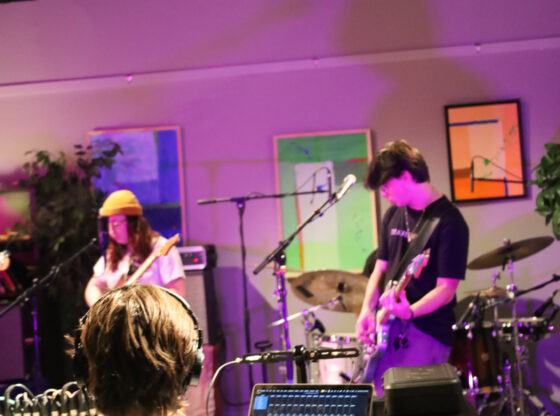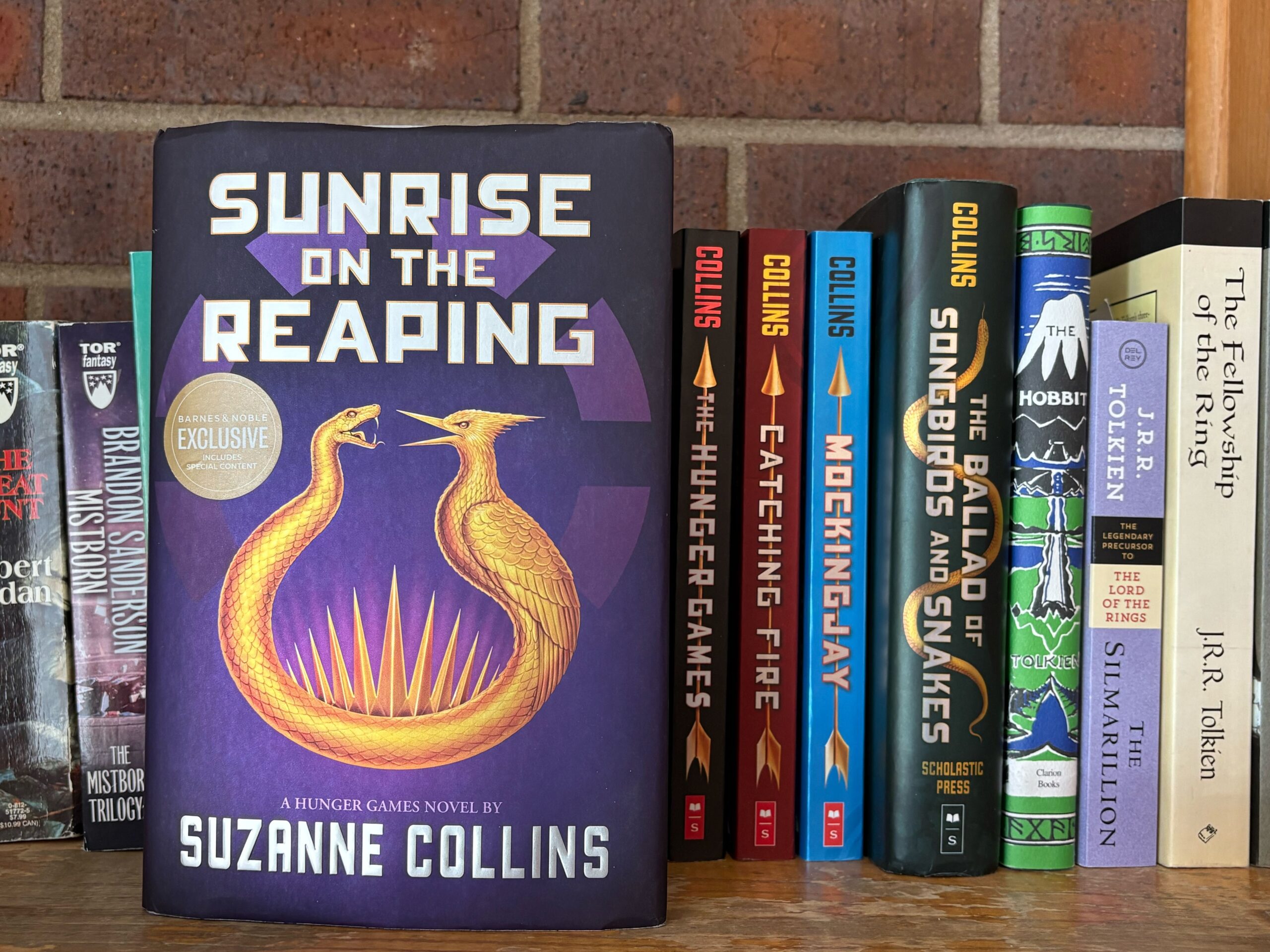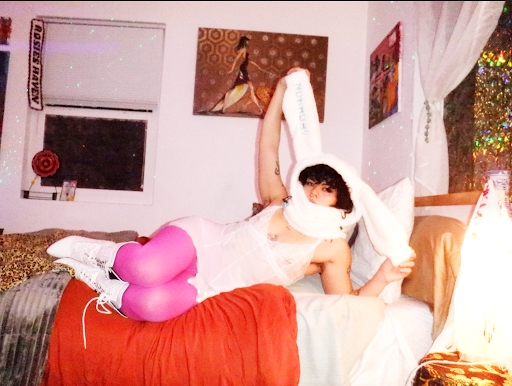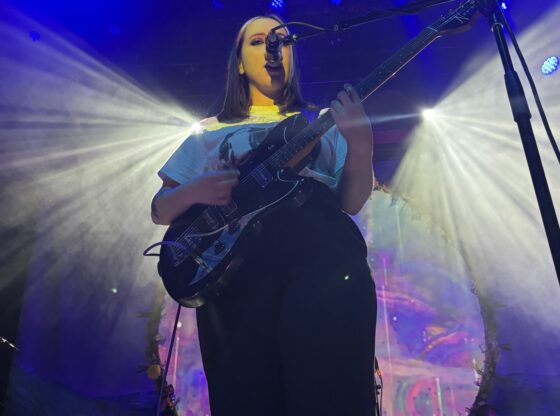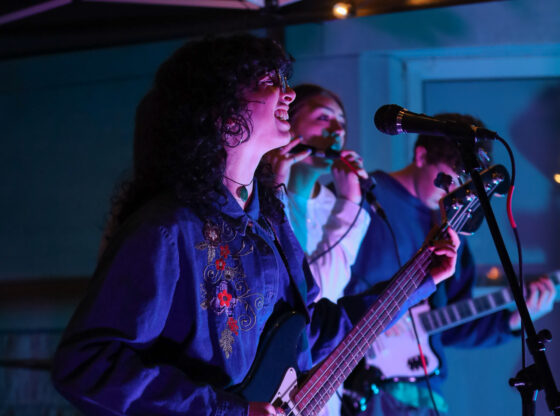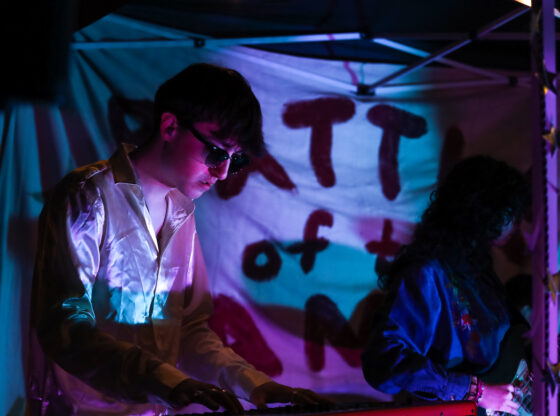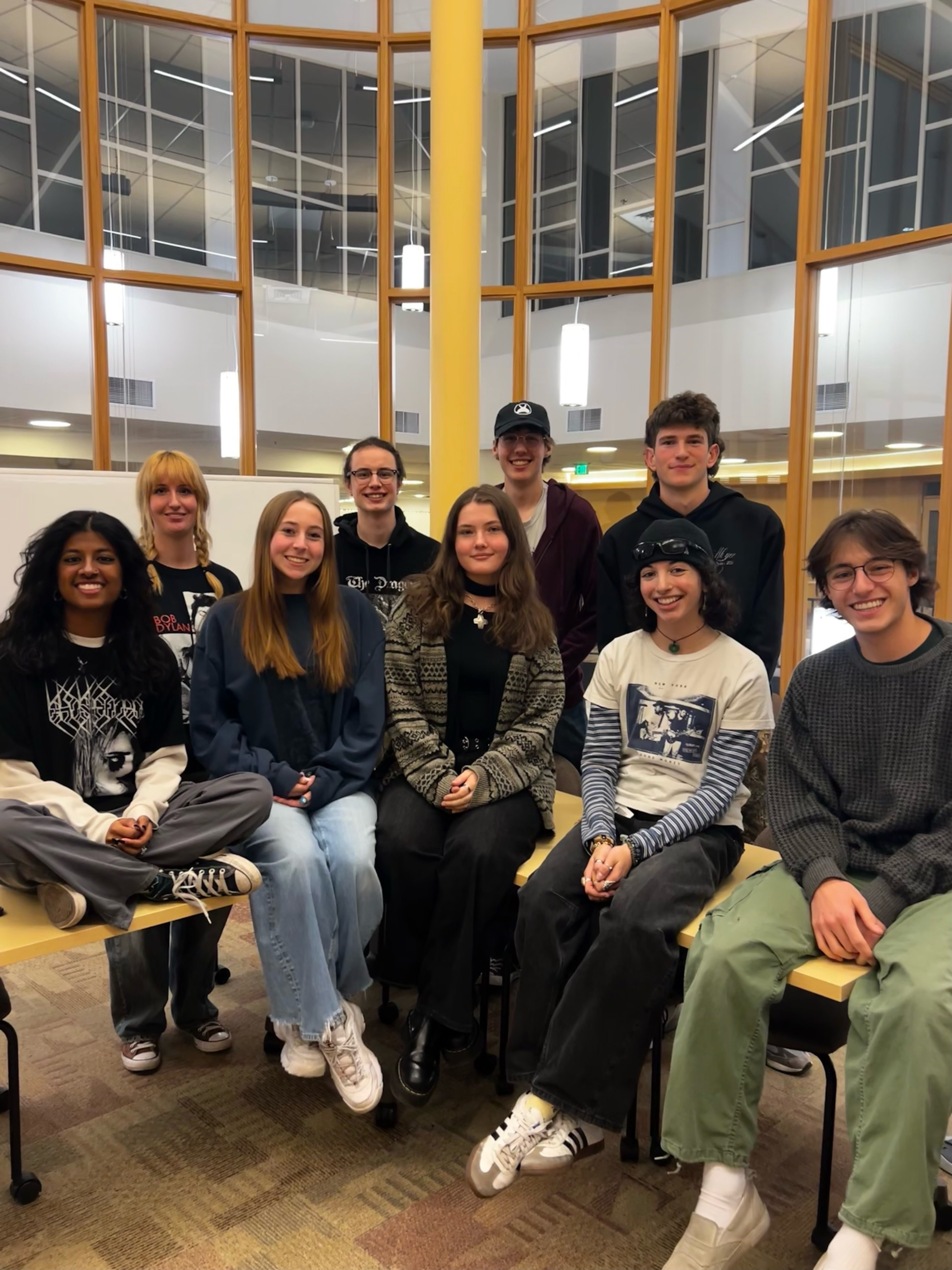The invigorating energy drawn from performing in a musical ensemble or conveying emotion during a solo on stage was swept away this past spring by the COVID-19 pandemic. This was particularly true for those usually in the crowd, listening in awe as they take part in the transformative experience of live music.
“In the broadest sense, COVID-19 has disrupted the normal way we do business. Music is something that’s public and involves close interactions. When ensembles perform, musicians sit close to each other to do things such as blend sound. We have to navigate around certain barriers when you social distance six to 12 feet apart,” Keith Ward, Director of Lamont School of Music, said.
COVID-19 has thrown a wrench in the normal mode of operation for Lamont, especially for live performances. On Sept. 17, an email was sent out to those in the Lamont community announcing the decision to turn to livestreams for all upcoming performances for the time being.
Jazz pianist Colin Holter added to the topic, stating, “All of the students love to be able to perform live for an audience. We love to make people feel a certain way through our music. We can still do that, but you just can’t recreate that live vibe.”
Challenges and triumphs extend beyond the issue of ensembles and live performances for students and staff alike at Lamont, starting in the classroom.
Holter outlined the general operations of an online music class: “Our class is usually solos. The professor assigns some tune for the week, and we practice and perform it live for our peers. Then, they shoot us back some tips and helpful pointers.”
“The main challenge is not being able to get face-to-face instruction. It hasn’t stopped me from learning, but it has made things more difficult,” expressed Xavier Goines, a first year student at Lamont, in light of his online experience thus far.
Classical bassist Jordan Catmull pointed to similar difficulties. He stated, “I need to focus a lot more with online classes. It’s easy to get distracted. Online lessons is a challenge, especially when you’re trying to perform for your peers through a really bad laptop microphone. Thankfully, the school is offering microphone and camera rentals for students who need them!”
From her professional perspective, music theory professor Kristin Taavola voiced, “The students can step through the online materials at their own pace. We have office hours during one of our scheduled class periods for anyone who wants help. Since incoming students start at different levels, I’m hoping this means those who are advanced can spend more time practicing their instrument or singing and those who need help can get more personal attention.”
For new freshman to graduate students alike, there has been positive aspects drawn from the pandemic. Lilli Bailey-Duran is a graduate student in vocal performance as well as the host and executive producer of The Rose Room podcast.
She stated, “A lot of upsetting things have happened, but there’s so many little rays of sunlight that have come through. I’m able to work my job from home, which they never let us do before. You get to know yourself and your learning styles a little bit better. Last quarter, we found a lot of things I was hiding in the piano through one-on-one instruction. Now, I am trying to find perfection in singing.”
In addition to finding more time to dedicate to her studies and craft, Bailey-Duran has discovered another positive outcome to the changes caused by the pandemic.
“I can honestly say, this podcast wouldn’t exist if COVID didn’t happen,” She said. “The only reason why I had time was because I was sitting at home and not driving my car to class and not going to late night rehearsals.”
Like Bailey-Duran, Holter used the extra time to fuel creative outlets as well.
“I’m releasing a music video soon with my band,” Holter said. “ We had a lot of time to sit and think about what we want to do. It was definitely important to talk about going forward.”
As these new modes of technology rising to the surface, many are left to wonder what the future of Lamont and the music industry will look like.
“We’re moving further and further into technology as a collective people, so it’s good practice. Hopefully, in the future, our engineers will come up with awesome technology where we can perform synchronously without latency. We could play across the world,” Holter said of his image for the future of music.
“This pandemic will teach everyone to be more adaptable and versatile. In the music industry, that speaks volumes because we have a lot of people whose lives were utterly tossed around and had to adapt,” Goines said. “It brings a lot of creativity into the music scene when people figure out different ways of making things work. It is during the hard times when we really show what we’re capable of.”
What does Lamont’s future hold? Ward said, “I think in years to come, the teaching modalities we currently use will continue across higher education. We have gained some experience, and we’re not just going to go back to what we were doing before. There are things that will come back, but it’s not going to be the same.”
In the end, the future is unknown. But as COVID-19 pushes us into a position of using creativity and communication to solve problems, there is a possibility to imagine the future as a prosperous one for Lamont and DU.



